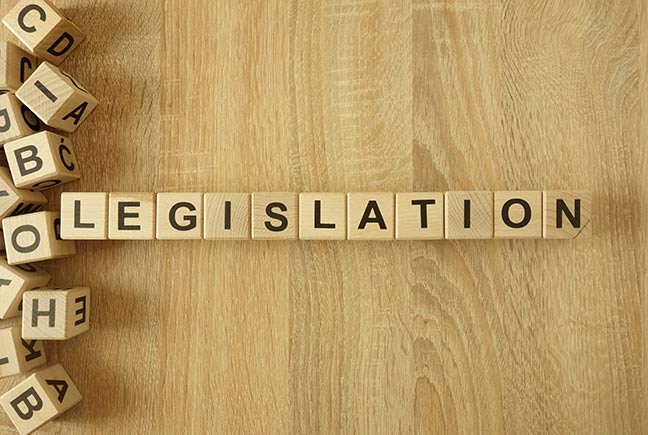
The Qualified Opportunity Zone (QOZ) program has attracted a lot of congressional attention in recent months, including several legislative proposals. How should current or potential future investors in QOZs view these proposals? In this article, we will discuss some of the recent developments and the possible ramifications.
Senator Wyden’s Proposed Legislation
Senator Wyden introduced legislation in November of 2019 that is meant to provide more transparency, stricter rules, and eliminate 200 Opportunity Zones that are not considered low-income.
Senator Wyden’s legislation has four main components:
- Public reporting by Qualified Opportunity Funds and annual reporting by investors in those funds.
- Sunset any OZs that are not low-income.
- Rules clarification to ensure investments are actually benefiting low-income communities. Investments in stadiums, self-storage, and luxury apartments will be prohibited.
- Thorough review of QOZ activities, including investment transactions, by the Government Accountability Office (GAO), to ensure the program is meeting its mandate.
Senator Tim Scott
Senator Tim Scott was part of the initial OZ proposal through his Investing In Opportunity Act, which was first introduced more than four years ago. Similar to Senator Wyden, Senator Scott wants more stringent OZ reporting. Thorough reporting was supposed to be part of the OZ program initially but never made it into the regulations.
Senator Scott is part of a group of senators who are introducing an expanded bill called the IMPACT Act. It is meant to analyze investments in OZs through more thorough reporting. As listed on the senator’s website, the IMPACT Act will:
- Codify requirements for Qualified Opportunity Funds.
- Codify requirements for investors.
- Add penalties.
- Require that Treasury make public as soon as practicable and annually thereafter reporting information on OZ investments.
- In addition to that, this legislation will require the most comprehensive community impact report on Opportunity Zones.
- The IMPACT Act also ensures the protection of private taxpayer information.
Senator Scott’s bill has support from The Opportunity Funds Association, The National Association of Counties, and The National League of Cities.
It remains to be seen which, if any, of these proposals will gain enough traction to become law and how that would affect ongoing investments in QOZs. There are a lot of risks associated with investing in QOZs, and this is another one that investors need to consider.
This material is for general information and educational purposes only. Information is based on data gathered from what we believe are reliable sources. It is not guaranteed as to accuracy, does not purport to be complete and is not intended to be used as a primary basis for investment decisions.



